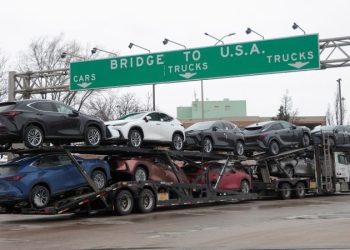The evidence is mixed, and varies by region. Black northerners may have experienced some sense of equality on the road; but in the South, rising levels of Black car ownership did little to quell the hostility that whites felt toward Black drivers. Racial power struggles played out on the road in ways that would shape the experiences of all Black drivers who traversed the region.
Cars, which were available to anyone who could afford to buy one, challenged the Jim Crow South’s carefully regulated social order. Unlike trains, they allowed African Americans to move freely and share space with whites on potentially equal terms. Cars empowered Black drivers while provoking resentment among whites, which could endanger Black drivers and complicated the process of traveling Black.
The empowerment was transformative, according to some close observers of the region. [Sociologist] Arthur Raper was convinced that the automobile gave rural Black southerners a new sense of importance and power. Cars were coveted by even the poorest Black sharecroppers, he maintained, because “the feel of power, even in an old automobile, is most satisfying to a man who owns nothing, directs nothing, and while producing a crop literally begs food from his landlord.” To Raper, automobility was a democratic force that allowed Black travelers to avoid the “irritations of unequal transportation facilities,” and transformed even day-to-day encounters between Blacks and whites in the rural…

























































